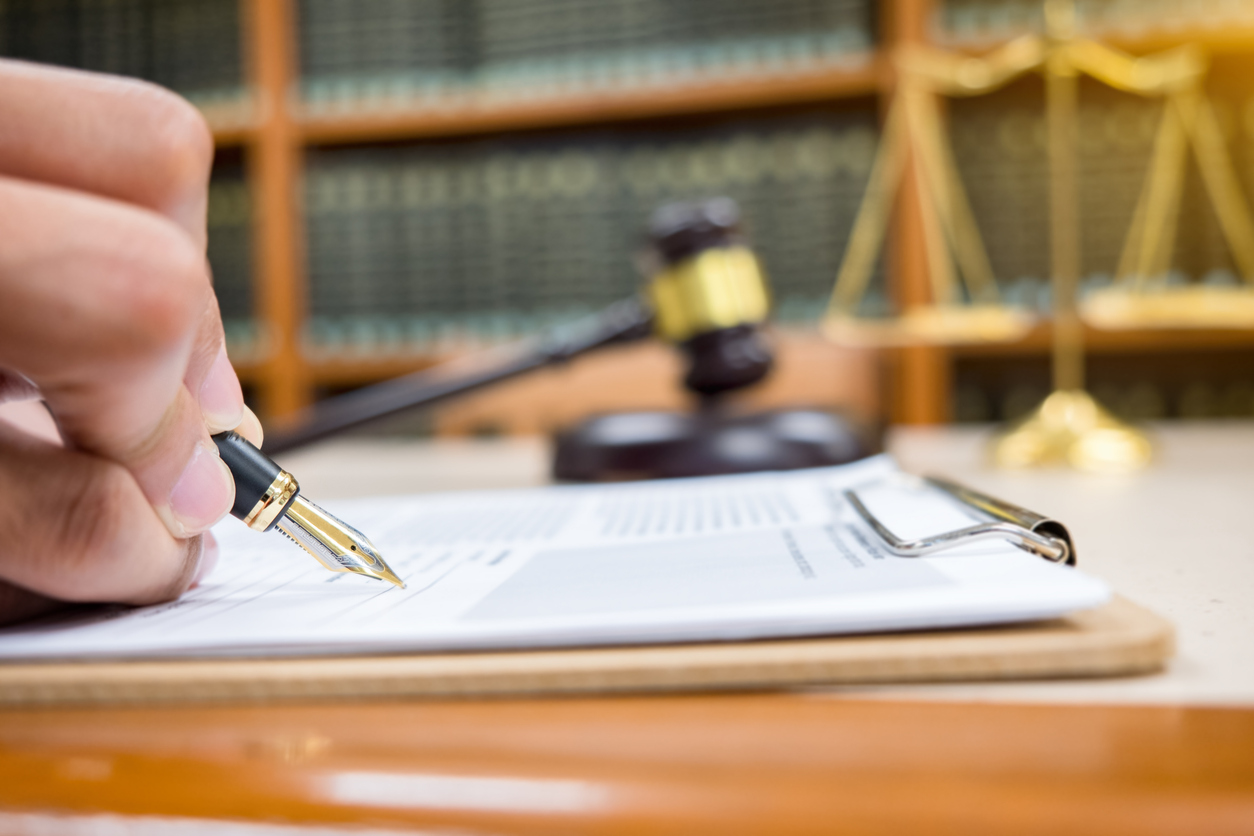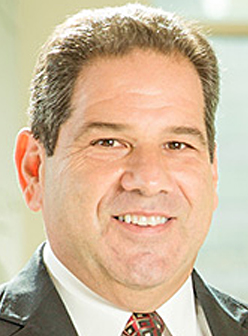The 2024 Florida Legislative Session ended Friday, March 8th, and it was one of the busiest sessions in memory in terms of producing new community association legislation. Please remember that these bills do not become law until they have been sent to the Governor who then has fifteen (15) days to sign a bill, veto a bill, or allow a bill to pass into law without his signature. As such, we may not know the final outcome for some bills until later this May or June.
HB 1021 is known colloquially as the Condo 3.0 bill but it goes well beyond the scope of its predecessors, SB4D and SB 154, by, among other items, expanding the enforcement jurisdiction of the Division of Condominiums; creating new standards for CAMS; imposing new funding and notice requirements related to structural integrity reserve studies (SIRS); imposing mandatory board member educational requirements; imposing new penalties for voting fraud; and requiring associations who manage 25 or more units to maintain an association website where specific association documents must be posted.
HB 1029 creates the “My Safe Florida Condominium Pilot Program” within the Department of Financial Services (DFS). This legislation will create a state-funded inspection program to determine mitigation measures that hopefully will reduce a property’s vulnerability to hurricane damage and provide for mitigation grants to retrofit the condominium property.
HB 293 requires HOAs to adopt specifications for hurricane protection and prohibits HOAs from denying an owner’s installation or replacement of certain hurricane protections including storm shutters, metal roofs, erosion controls, and other forms of hurricane protection.
HB 59 amends Section 720.303, F.S. to require an HOA to provide digital copies of the governing documents and rules to every new member of the association and provide all members with amendments to the covenants and rules.
HB 1203 was passed as a response to the massive Hammocks HOA fraud case in Miami-Dade County. Among its many provisions, this bill imposes mandatory educational requirements for HOA directors; limits an HOA’s ability to regulate parking and commercial vehicles, limits the function of an HOA’s architectural control committee, imposes stiff penalties for the denial of records access to owners; requires websites for associations with 100 parcels or more and further revises the fining process in a less than helpful manner.
HB 1645 provides that HOA covenants may not prohibit the types of fuel sources that serve customers in the community, including natural gas utilities and liquefied petroleum gas (aka propane) dispensers, and also provides that the HOA covenants may not preclude appliances using those energy sources. It is troubling to note that HOA residents must now be allowed to install EV charging stations and propane gas/natural gas; let’s hope installers for each take proper safety precautions.
SB 1420 modifies the language in Section 720.406, F.S. regarding the meeting procedures when homeowners’ association covenants are being revitalized.
SB 280 limits the ability of local government to regulate short-term vacation rentals but does permit occupancy limitations. The legislation provides for the DBPR’s Division of Hotels & Restaurants to regulate vacation rental platforms. The good news is that the legislation specifically does not preempt or supersede community covenants.
Remember, none of the above bills go into law until they have been sent to the Governor who then has fifteen (15) days to sign a bill, veto a bill, or allow a bill to pass into law without his signature. We expect many, if not all, of these new bills to be approved by the Governor or he will allow to pass into law.
Of course, you will need to consult with your association attorney for information on how these new bills, once they go into law, will affect your association.
Howard J. Perl, Esq.
Shareholder, Becker
Ft. Lauderdale | bio




